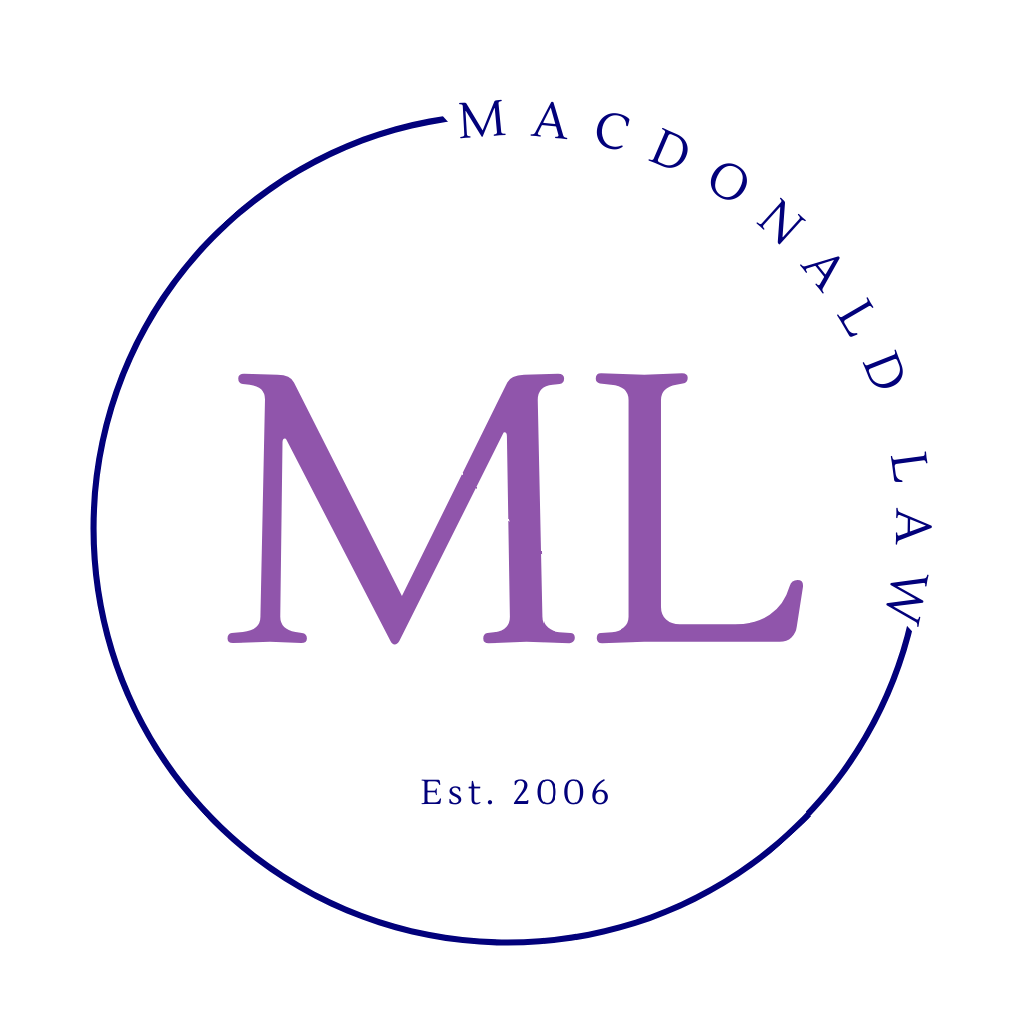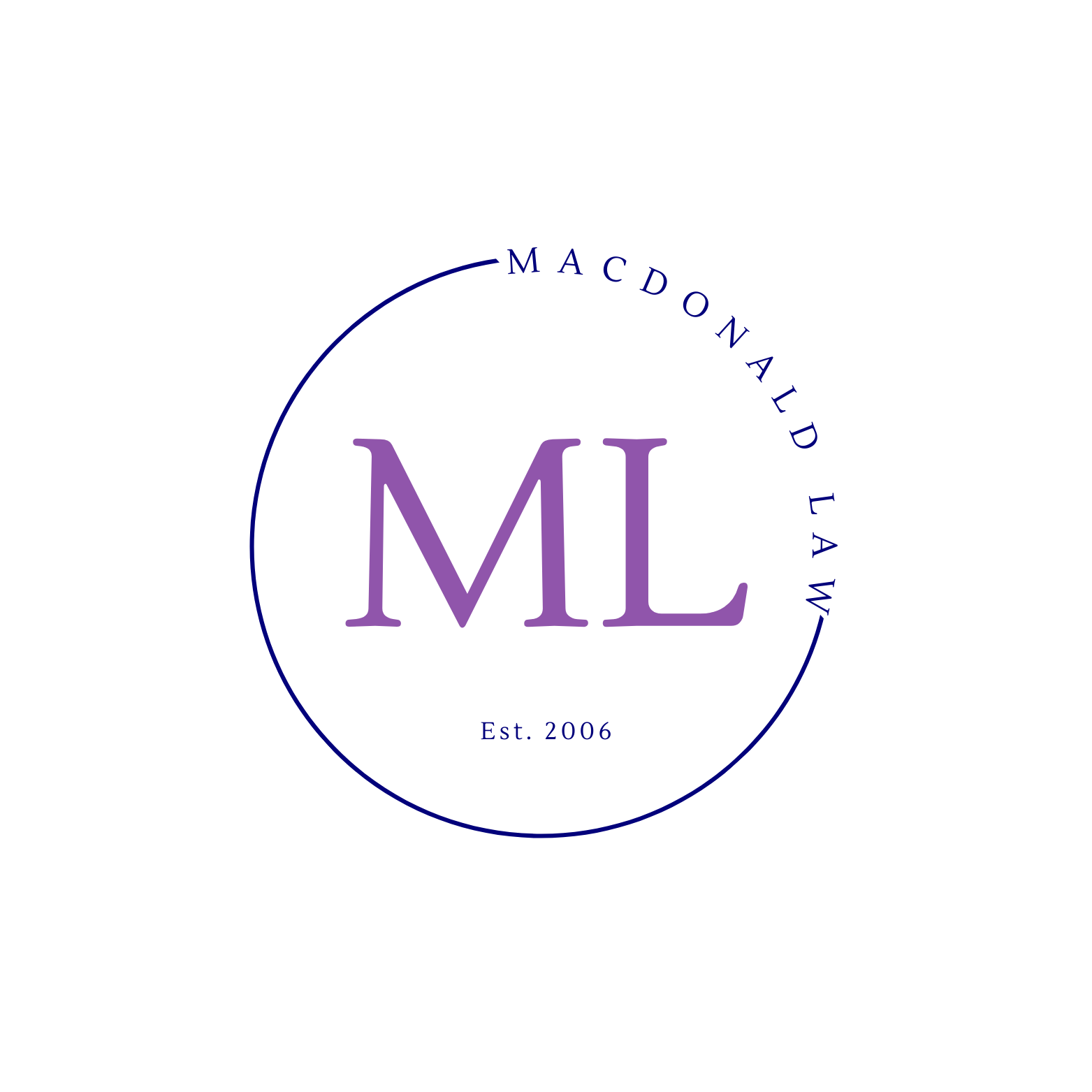New Title
Electronic Conveyancing (e-conveyancing) Toowoomba and Brisbane
Toowoomba e-conveyancing | Brisbane e-conveyancing
From February 2023, electronic conveyancing (also known as e-conveyancing) is mandated for certain types of transactions and dealings. Whilst e-conveyancing has been available for lawyers and parties to opt in to use for some time now, from February 2023 it has been mandated by the Queensland Government meaning that from that time you no longer have a choice as to whether you wish to utilise the electronic conveyancing platform for certain transaction or dealing types.
E-conveyancing - the rundown
The traditional process for effecting a settlement is also known as a "paper" settlement. It involves the Buyer and Seller's lawyers, and any involved financiers attending to physically hand over cheques, and paper documents.
With e-conveyancing, the process is effected electronically and funds are automatically transferred from the Buyer to the Seller. This usually means that funds are available the same day or the following day. Whereas with cheques it can take 3 - 5 business days for funds to clear.
From February 2023, there will no longer be the option to 'opt in' to e-conveyancing, instead it will be mandatory for certain transaction types:
- transfers;
- mortgages and releases of mortgage;
- caveats and withdrawals of caveats;
- priority notices and requests to extend or withdraw a priority notice; and
- an application to be registered as a personal representative for a registered owner of a lot who has died.
The general rule is that if an instrument is capable of electronic lodgement, it will be required to be lodged in that way.
Once your identity is confirmed, all of the parties engage in the PEXA workspace. All documents and information are inputted and created through the PEXA platform. At settlement, the matter electronically effects settlement and transfers funds as required.
Our Experience
Your Toowoomba Conveyancing Experts and Brisbane conveyancing teams have been utilising the electronic conveyancing platform for some time now. They are experienced in using the PEXA software and platform and would be happy to assist you with your transaction.
In order to facilitate the transaction via the electronic conveyancing platform, you are required to have your identify confirmed with our office. This verification process is very important as it ensures that there is no fraudulent activity or impersonation taking place. There are strict requirements imposed upon law firms to ensure this process is undertaken properly.
To have your identity verified, you need to supply necessary documents and attend for an appointment. The most common acceptable combination of identity documents are:
- driver’s licence and passport;
- driver’s licence, Medicare card and birth certificate;
- a passport, Medicare card and birth certificate.
If you have an electronic conveyancing matter underway, we recommend you book an appointment with our team to undertake this verification as soon as possible. You can book an appointment via the link here.
Once your identity has been verified, the transaction will proceed smoothly. We will notify you once it has settled.
Our Conveyancing Team
Sarah-Jane MacDonald
LLB, Grad. Dip. (Leg. Prac.) AccS(Fam)
Legal Practitioner Director
Accredited Family Law Specialist
Parenting Coordinator








